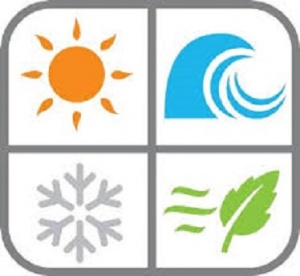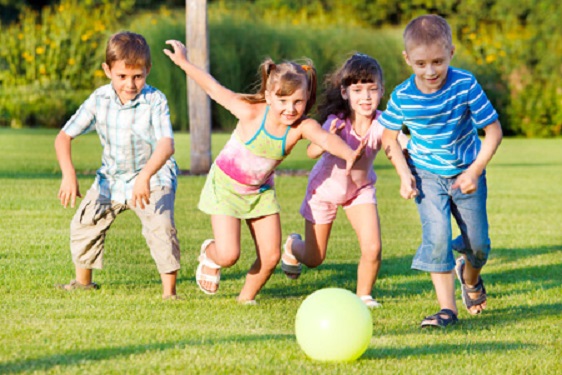Kids and the outdoors—they just go together! Study after study has proved that children who spend time playing, running, jumping, and doing all manner of other fun and physical activities outdoors do better in school and have fewer emotional upsets than those who don’t. But, as a parent, you know that the great outdoors carry their own safety issues that aren’t so great. And no one knows this better than teachers, which is why top teachers in New Jersey have compiled the following outdoor safety tips for kids that will help parents and kids alike know how to manage their outdoor activities safely.
Be prepared
Being prepared beforehand to the risks that the outdoors hold will help keep your children safe in their outside play. Take into account the weather conditions, and always dress accordingly. And never be nonchalant about the weather report. If reports are saying rain but you don’t see a cloud in the sky, prepare for a storm anyway. Remember that weather patterns can change instantly and you can’t see what the experts can. Next, be sure to determine those areas where your children will be safe and those that pose a threat. Limit play to your own backyard at first, then add to play areas as he or she grows and matures. Additionally, it’s important that you bring along items that will keep them safe as well as healthy outdoors. Bring water that will keep your children hydrated through hours of energetic play, and bring snacks that will keep their sugar levels balanced and their energy levels up. Cheese, peanut butter, and yogurt are excellent snacks that help kids stay active while not weighing them down or causing dangerous sugar spikes.
Address potential hazards
As a parent, you never want to alarm your children. For this reason, some parents simply never address the potential risks that are out there for their kids. This is a bad idea because children need to know certain truths. First, teach them to be aware of their surroundings at all times. And, if they’re going to need to be aware, that means you’re going to need to be aware as well. Check out all areas for hidden risks before you allow them to play in them. Watch out for such things as broken glass and other sharp objects. It’s also vital that you teach your children never to wander off by themselves and never to talk to strangers. In our social world, this may sound like a difficult task. It also may seem like you’re teaching your children to be unnecessarily afraid of people. But the fact is that strangers aren’t always ‘friends you don’t know.’ Some of them have bad intentions, and it’s important that you teach your children never to speak to a stranger or to go with someone they don’t know.
Protection from elements

When it comes to making sure your children are safe, prevention is always the best medicine. The outdoors can be loads of fun for kids, but they can pose a number of unsafe situations as well. First, make sure they always wear sunscreen to prevent sunburn that could harm their sensitive skin. Next, make sure they always wear the proper clothing for the weather. It’s also vital that they have properly working equipment for any and all sports and other activities in which they’ll engage in their outside play. Finally, make sure they have plenty of bug spray in order to avoid being bitten by mosquitoes, ticks, and other insects that could cause harm to your kids.
Naturally, all parents worry about their children; it’s the number one job description. The key to keeping your kids safe (and thereby limiting your worry) is prevention. If you want to keep the ‘great’ in the ‘great outdoors,’ you have to keep your children safe when they’re playing outside. Be prepared, limit risks, address all potential hazards beforehand, and make sure your children are protected from inclement weather. Take these necessary steps to ensure your child’s outside playtime will be safe, and your worries will be few. Consult with a top teacher in New Jersey for valuable tips on keeping your children safe in all their play activities.



